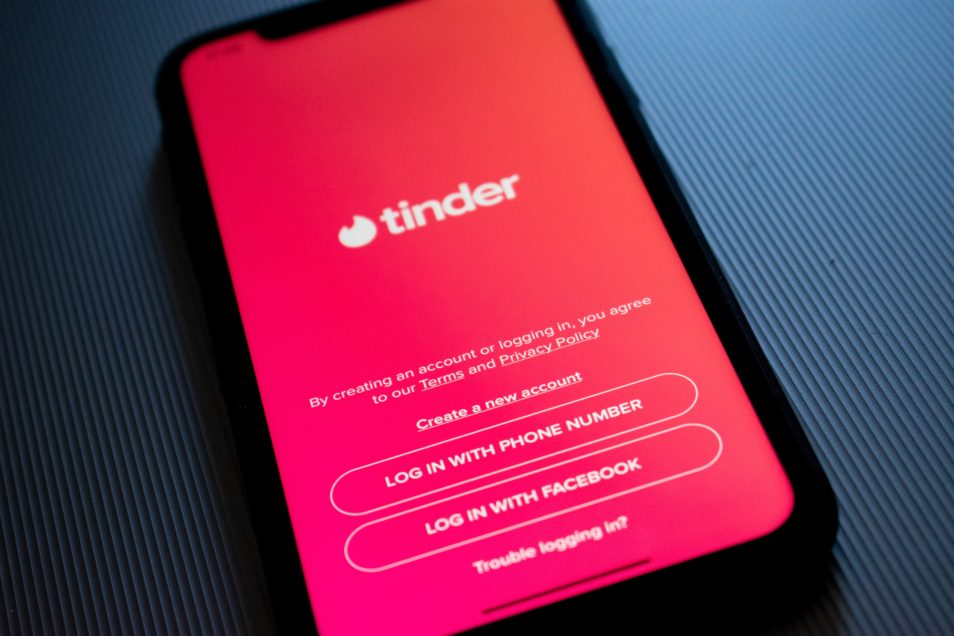
What happens to your dating app data?
Online dating can be a bit of a minefield, but it’s not just bad dates that you need to be worried about. Are you aware your dating app data is reaching more than potential matches?
It was discovered last month that popular dating apps have been sharing detailed personal information with thousands of organisations. This has resulted in the exposure of users’ locations, photos, age, sexual orientation and, in the case of one app, drug use and political views.
While it’s easy to say, ‘well, they provided their information,’ it’s not that black and white. To explore this issue of privacy, trust and responsibility, we need to start with the fundamentals.
What is consumer data privacy?
Data privacy is the relationship between the collection and distribution of data. Ethical data privacy requires explicit consent, notice, collection, storage and regulatory obligations.
There are growing concerns around the ability of organisations and governments to collect, store, process, analyse, interpret, consume and act upon data – without invading someone’s privacy.
Why is it so important?
Data privacy is your fundamental right. The protection of your personal information safeguards your dignity and autonomy. There are multiple harmful effects of profiling and behavioural advertising. These include loss of trust in the digital economy, reduced freedom of expression, fraud, manipulation and discrimination.
“While providing information about yourself to these platforms can be helpful in terms of personalising user experiences, it can also be weaponised. Such as in cases of election manipulation through targeted ads,” explains Hugo O’Connor, Senior Engineer at CSIRO’s Data61.
“In these cases, a person’s autonomy is essentially removed, and they’re manipulated by their own personal data. This is why it’s so important to be aware of how your data is collected and could be used in future.”

What has eyes on your data?
What could my data be used for?
The short answer is that no one except the organisations sharing, selling, and using your information know.
“These apps and these platforms might be monetising user dating app data without the user even knowing,” says Dr Dali Kaafar, Leader of CSIRO’s Data61’s Information Security and Privacy Group.
“And there’s no way for individuals to track exactly who is using their data and how. Some people might be okay to give away their data.
“But those same people might not be okay for their data to be used for that purpose. For example, the Cambridge Analytica political advertising scandal.”
How have dating apps been violating my data privacy?
Testing by the Norwegian Consumer Council (NCC) this year found that Grindr passes GPS coordinates to eight different companies.
Other apps have also been known to share sensitive personal information with various companies, and provide details about the user’s hardware to a mobile marketing platforms for their use.
Both OkCupid and Tinder disclose GPS coordinates, and reserve the right to share data with other companies that come under the umbrella of its parent company, Match Group.
NCC report: Out of Control states:
“This means that dating app data collected through Tinder may be shared with OkCupid and vice versa.”
“The apps may also share data with Match.com, PlentyOfFish, and other Match Group brands, which includes at least 45 dating related businesses.”
“This means that, according to the privacy policy, a Tinder-user could have their personal data used by PlentyOfFish, even if they never used that service.”
According to Dr Kaafar, this violation of consumer privacy is even more unethical because of the nature of dating apps.
“People would be thinking that the more data I provide this app with, the better the possibility of matching with someone would be,” he said.
“It’s really vicious from that side of things, as the concept of ‘utility’ has been transformed into ‘functionality’.”

All dating apps tested share user data with third parties, and all but one share data beyond the device advertising ID. In many cases, this information can be used to infer attributes such as sexual orientation or religious belief. (“Out of Control” – A review of data sharing by popular mobile apps – Norwegian Consumer Council)
What’s the solution?
It’s the responsibility of both users and platforms to take precautionary measures around data.
“Organisations need to re-evaluate what they need data for, and ensure they are only collecting what they need for the service or app to function,” says O’Connor.
An example of this would be when Tinder directed potential matches towards an individual’s Instagram account, putting that person at risk of becoming more identifiable and at risk of malicious activity, such as stalking.
These platforms also need to improve how user consent is given. Lengthy ‘Terms and Conditions’ agreements often discourage people from finding out what they’re really signing up for.
“Organisations need to be short, sharp and snappy on what users are consenting to. They should provide a receipt of what they’ve agreed to, and should provide an avenue to rescind consent,” says O’Connor.
Data 61 is currently working on techniques that can combat the issue of how, what and who is being used.
“We’re developing a new form of encryption. It will ensure whenever a person’s data is being used by a third-party entity, the first party (the person who provided the information) would be alerted,” he explains.
“So, this creates some sort of chain of trust which is known to the original entity and the subsequent entities that are using the data.”
“It’s very difficult to come to a true solution that ensures trustability. But we’re helping in making this possible.”
How to protect your privacy on dating apps
- Don’t sync your Facebook and Instagram accounts with dating apps. This action allows these platforms and companies to share your information between them.
- Turn off location settings. When you share your exact location, you’re actually giving the site the ability to build a profile of you.
- Don’t provide sensitive information in in-app surveys. Apps may share this information with associated business partners.
- Read the T&Cs. This is where you can find out if the app is sharing your dating app data with third parties. It’s also where you can see how strong the security is and how long your information will be stored for.


26th February 2020 at 7:08 pm
people are stupid. they don’t care. I do. I have add blockers. And do some sites howl! we want to give you a better experience! woeful. I also don’t accept cookies if I can help it which is nearly all the time. Again some cry about how I am missing out! on an experience tailored for me! which gives away what they are pilfering from my cyber presence. I don’t do FB, Twitter, Instavomit etc it is amazing how Kaspersky and Firefox tell me who is snooping – esp social media sites desperate to make their irrelevance relevant. Fail fail fail
25th February 2020 at 8:28 am
Data aquisition backfires.Other than fellonious use of your data the main use is advertising deep mined by Logrythims,by taking note of when related data was given out,you now know who sent it on.The backlash ,personally I remove those advertised from my shopping list.
This leaves all scratching their heads why advertising isn’t working.
The truth is, IT IS!
12th February 2020 at 8:59 pm
How do you stop the dating sites getting into your spam box
13th February 2020 at 12:32 pm
Hi Ray, your email provider should have an option to add email addresses to your safe-sender list. If you find out what email your dating site uses to contact you and add it to this list it will make sure they don’t go into the spam folder.
Thanks,
Georgia
Team CSIRO